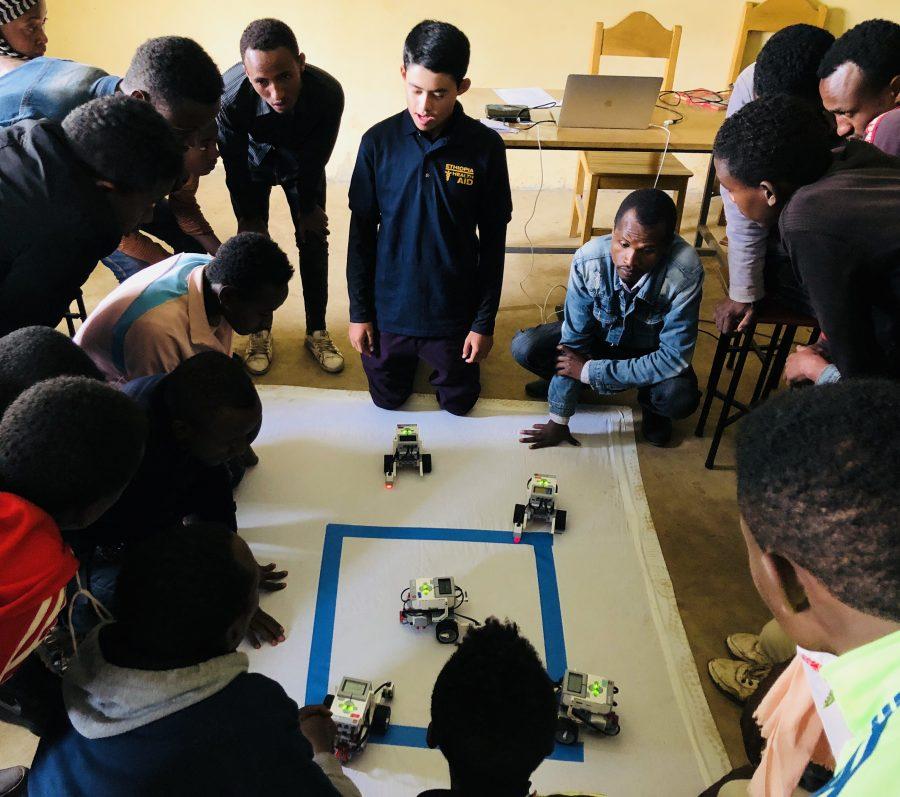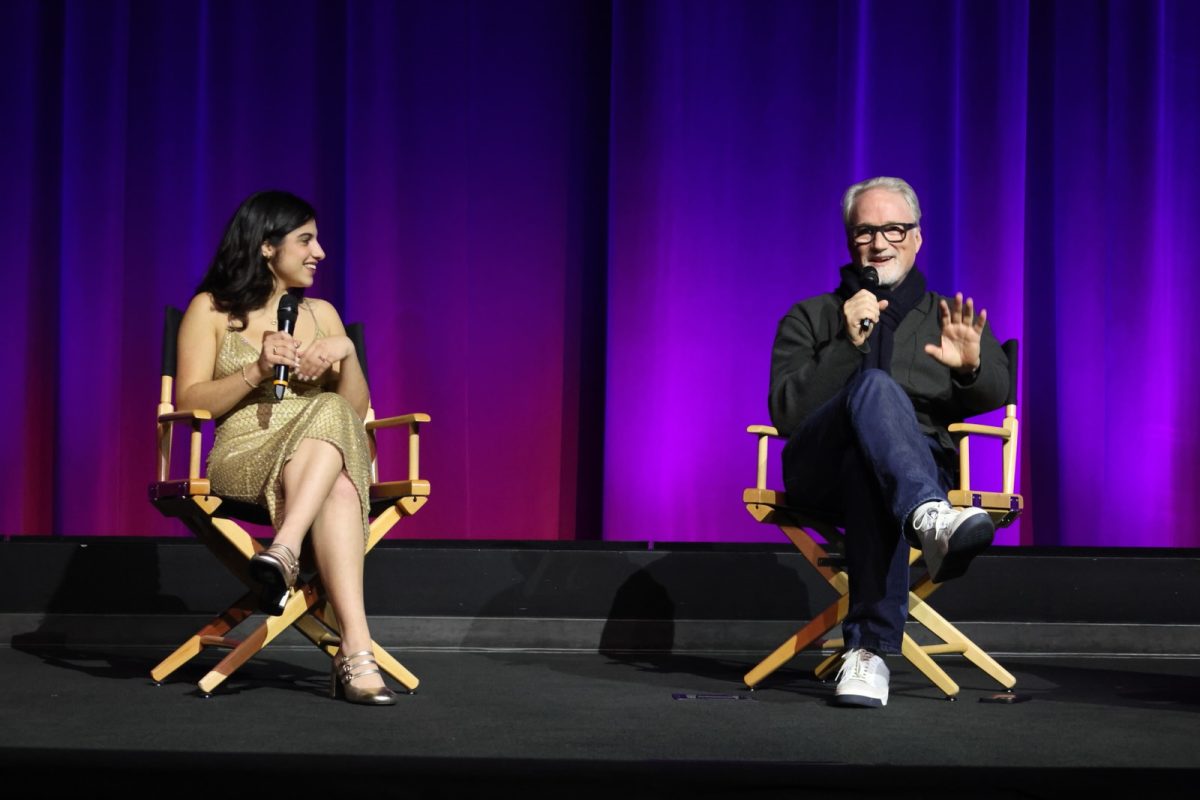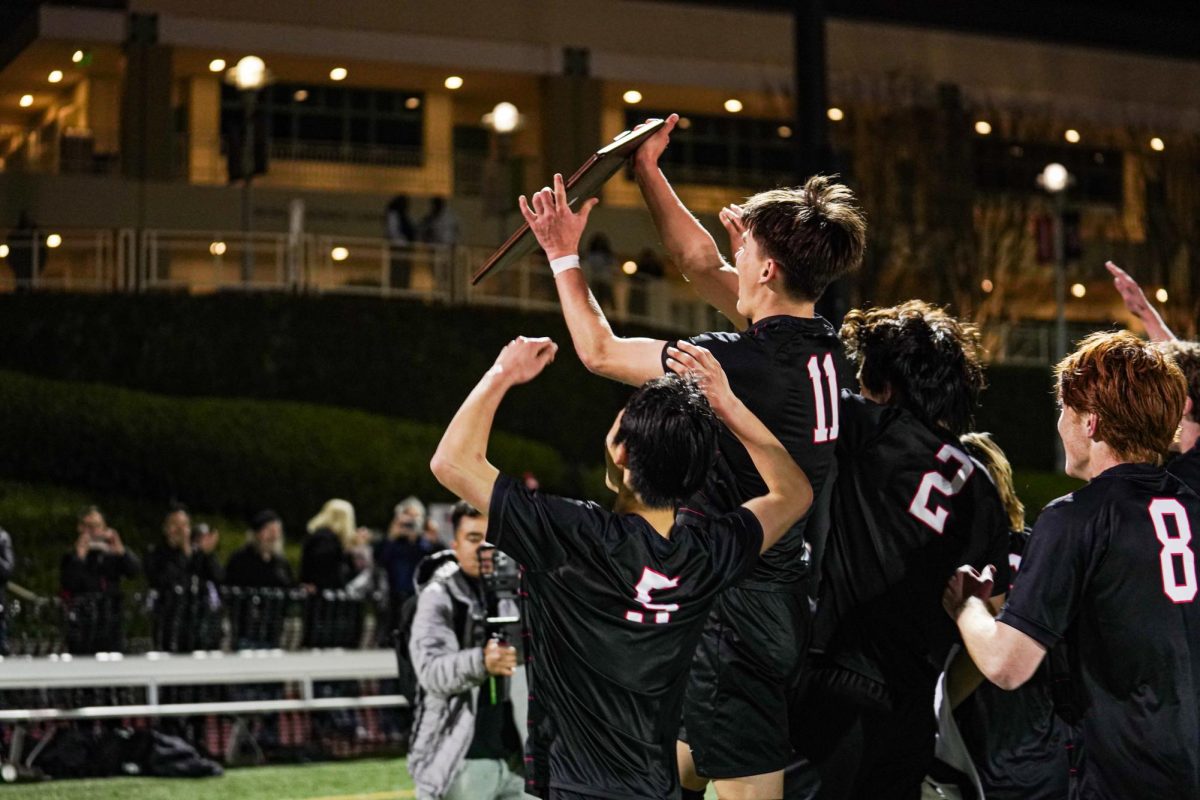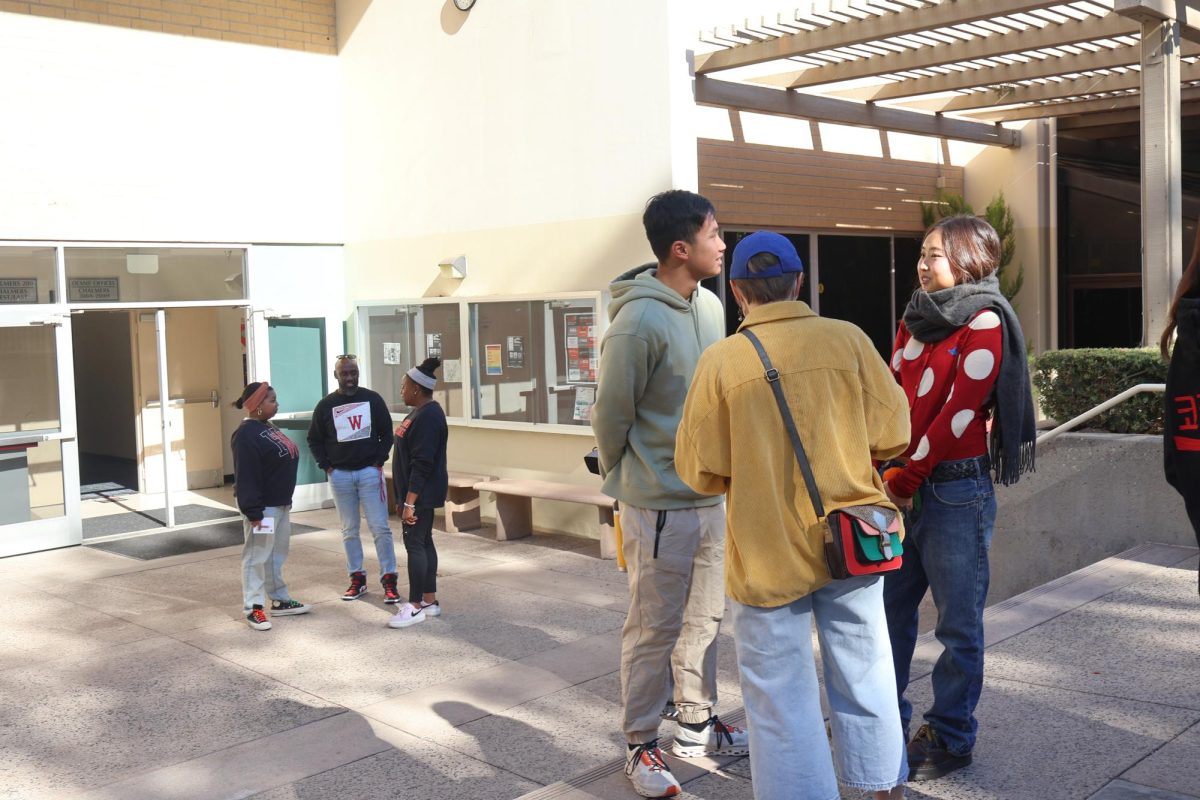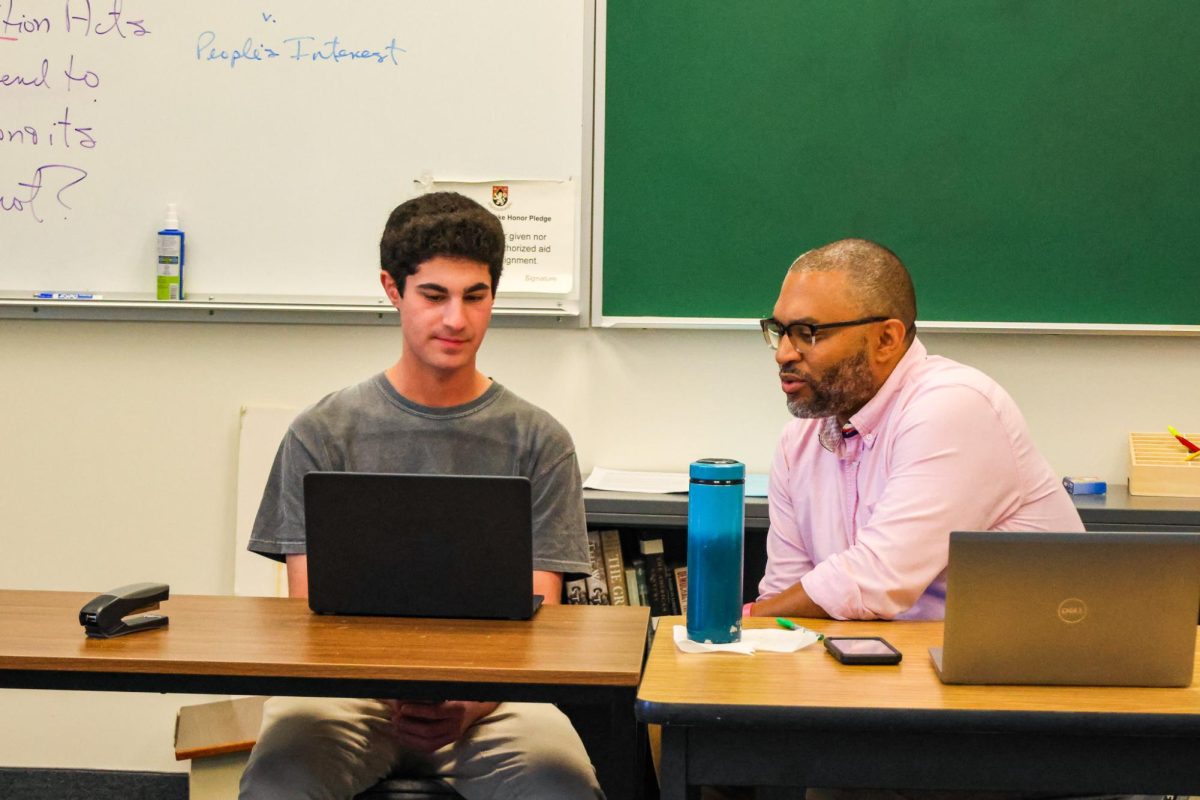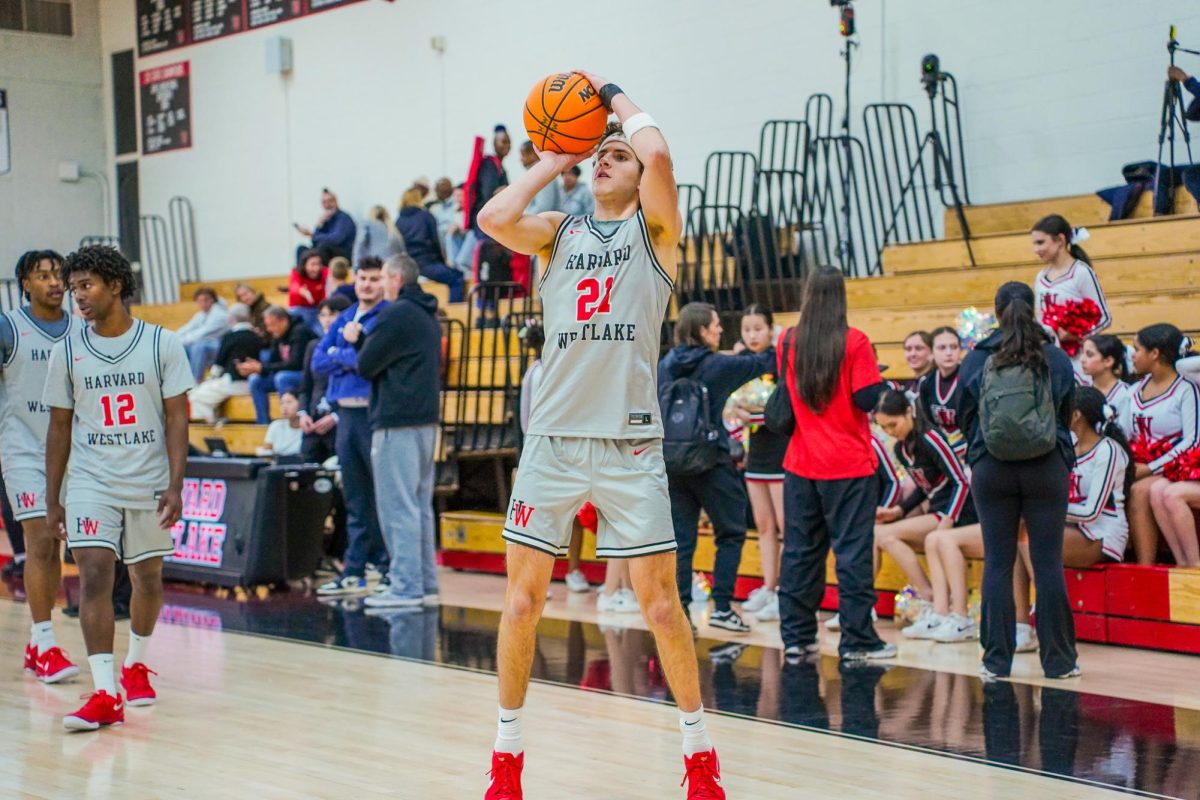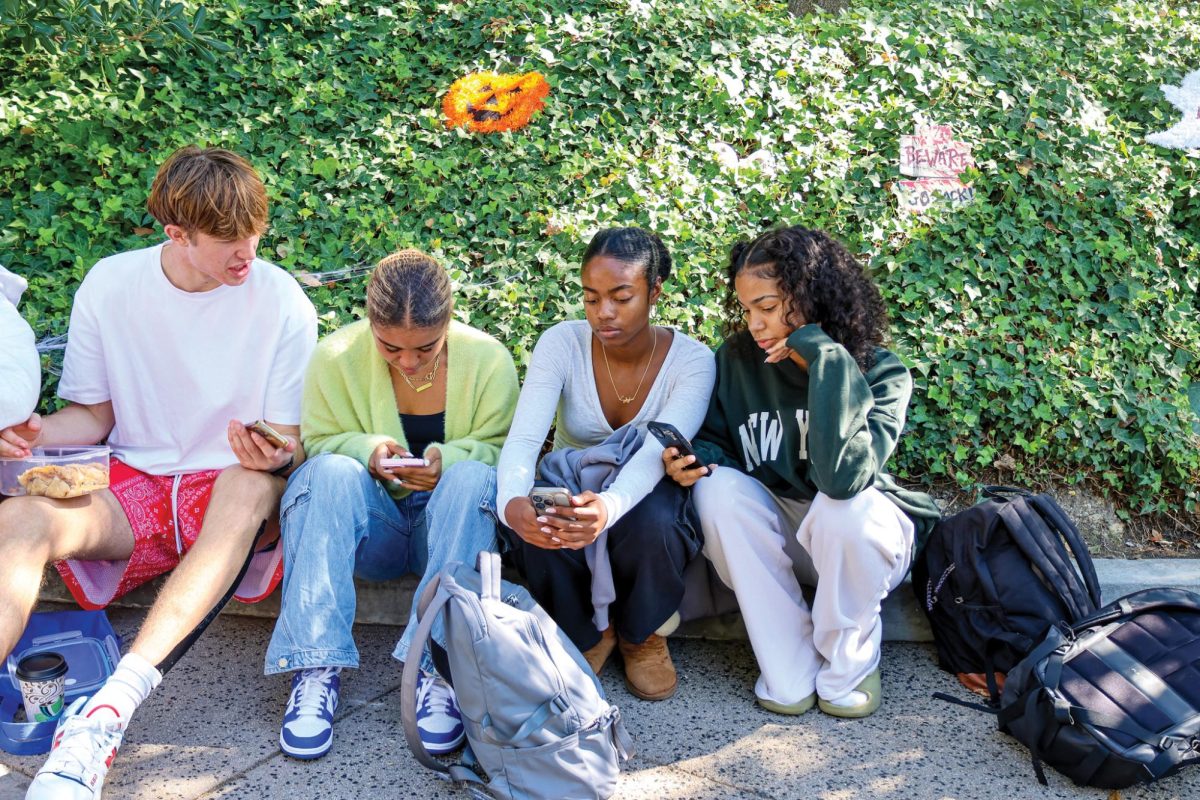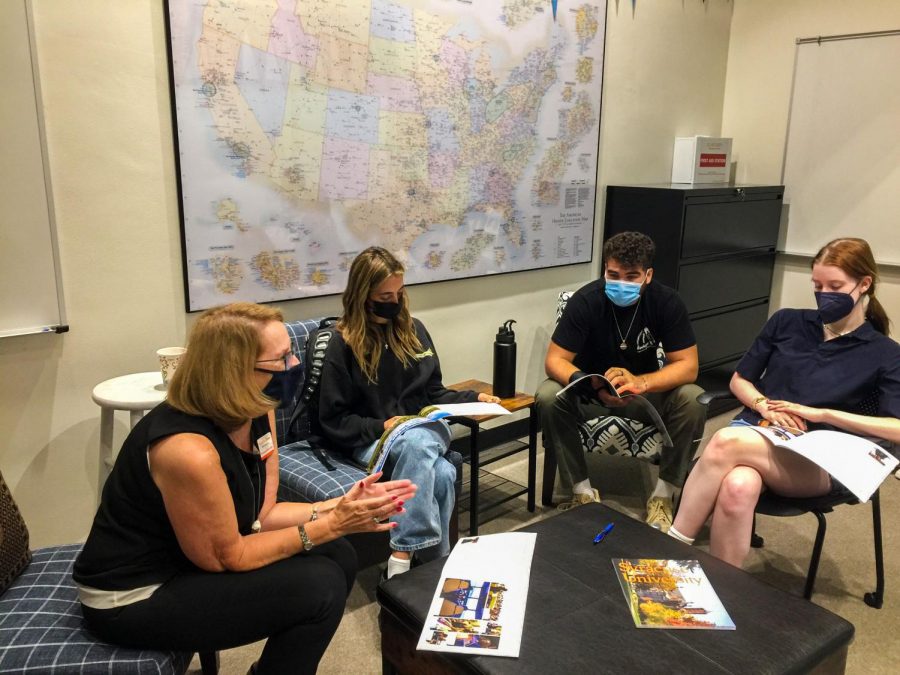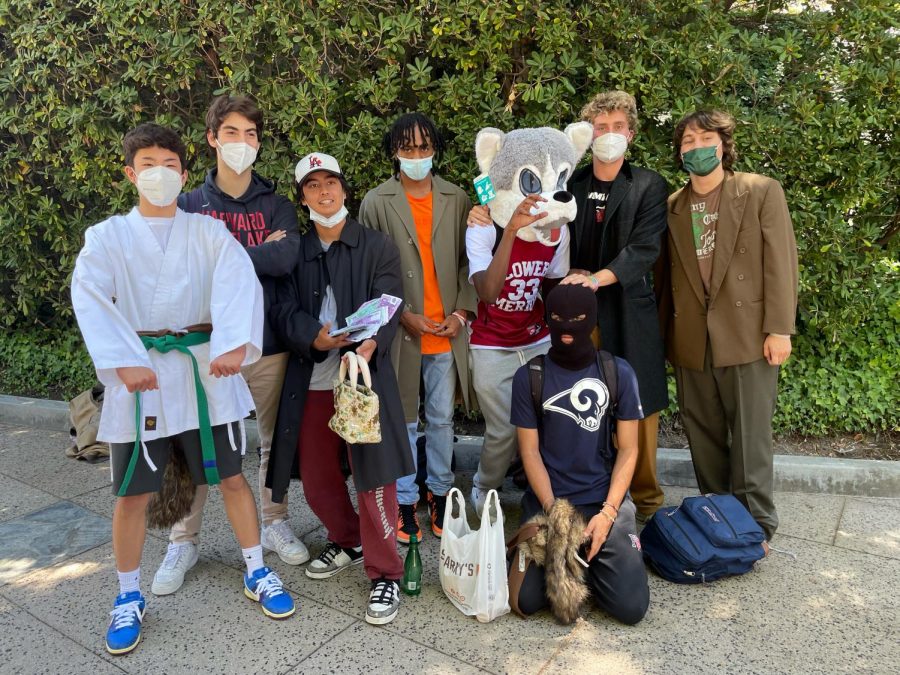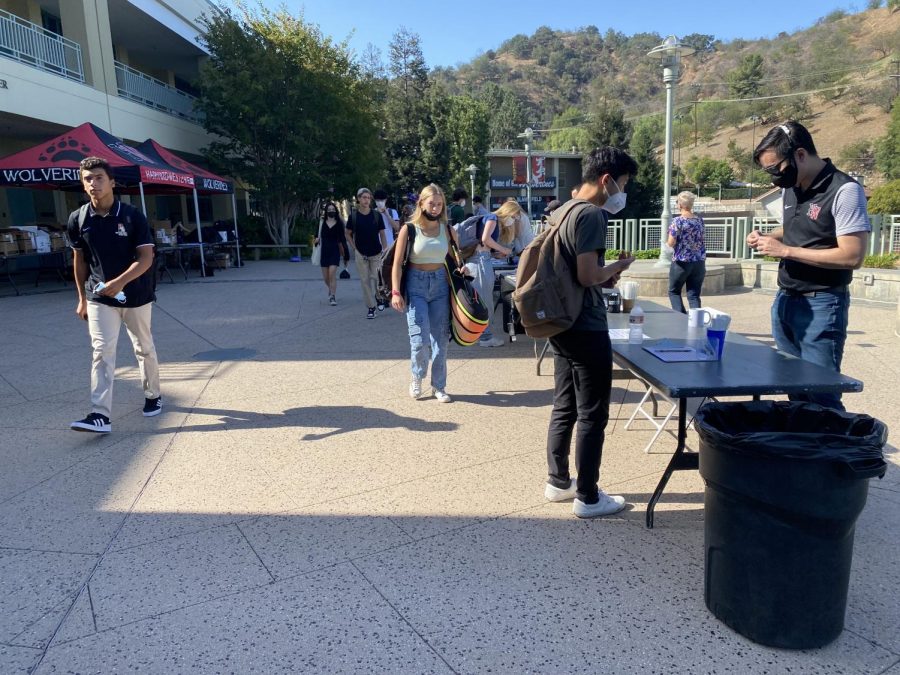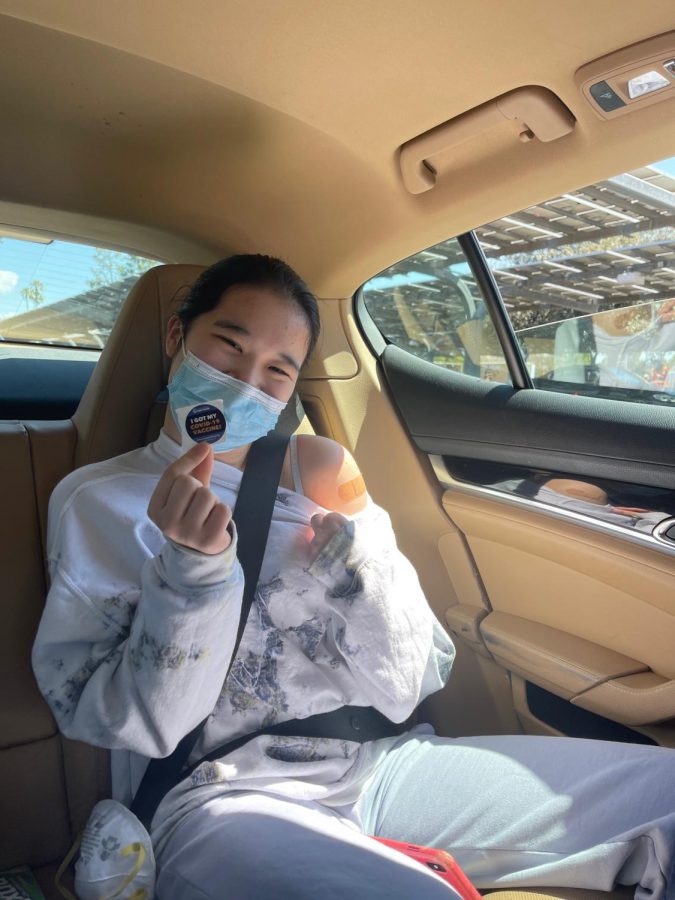Over the course of the five-day camp he created, Futterman used LEGO Mindstorms EV3 technology to introduce the basics of designing, programming and operating simple robots.
Futterman said he was inspired to share his knowledge, experience and passion for robotics after hearing from Ethiopia Health Aid that students in Gode Village were eager to learn.
“A young student once told EHA ‘Here you may see us as a primitive community with no running water and electricity — much less in need of technology when we barely have books. But please remember that our future is out there in the world, and we need computers to compete,’” Futterman said. “Like students all over the world, the students of Gode Primary School are striving to be the brightest in an expanding global marketplace.”
EHA is a nonprofit organization dedicated to improving the health care and education of communities in the underdeveloped Oromia region of Ethiopia. EHA assisted Futterman with the logistics of the camp.
“There were numerous technical difficulties on site, and I had to continually adjust the curriculum as the class progressed,” Futterman said. “The biggest challenge, however, was to accommodate more students than anticipated. Though originally designed for a total of 16 participants, it was impossible to turn away the numerous students who begged to participate. The class topped off at 24 participants, although many more tried to sneak in or peer through the windows.”
Because Gode Primary School does not have modern amenities like clean water, internet or level floors, Futterman said he had to plan accordingly and bring all course materials from home. To fund his project, Futterman also raised over $2,500 and created a web page to promote his mission.
Starting in February, Futterman worked to develop the curriculum, detailed lesson plans and model robots for the camp.
The camp culminated in a final competition, where teams of students collaborated and applied their new skills.
“[During the final competition] the students realized that they were capable of solving the challenge and possessed the knowledge and skills to do something great,” Futterman said. “I, too, realized that even those who have been never exposed to new technology before, or live in mud houses and get to school on horseback, truly have potential to do something great. It was an amazing moment because I saw what they were capable of, and I knew that we accomplished our mission.”
At the end of his stay, Futterman was presented with a gabi, a handwoven Ethiopian blanket.
Futterman plans to return next summer to teach another class, which will integrate new students with those returning, he said.
During the year, Futterman’s top students will continue to hold meetings after school to maintain their skills.
“I am so thankful to be welcomed into the Gode family and for the warmth, care and hospitality they provided throughout my stay in Ethiopia,” Futterman said. “They have changed my life forever.”





























